The Vikings fell 16-6 to the Bears in Chicago on Sunday.
The offense struggled to get in gear, and the defense missed out on a potential game-changing play early as Minnesota again struggled with oddities at Soldier Field.
Here are three stats that stood out:
1. Fast sacks generate fumbles
Kirk Cousins fumbled twice during sacks by Chicago. The Bears recovered the first at the Minnesota 16-yard line to open the third quarter, and the Vikings reclaimed the second near the end of the period, but only after a loss of 19.
According to Next Gen Stats, the sacks by Khalil Mack and Nick Kwiatkoski were among the fastest in the NFL in Week 4 (does not include tonight's game).
Mack darted around the edge, winning a 1-on-1 against Riley Reiff and knocking the ball from Cousins in 2.94 seconds, which tied for third-fastest in the NFL in Week 4.
Kwiatkoski's time of 3.57 seconds ranked 18th in the league.
Shamar Stephen recorded the lone sack on the day for the Vikings, doing so in 3.9 seconds.
View game action images as the Vikings took of the Bears at Soldier Field on Sunday.

























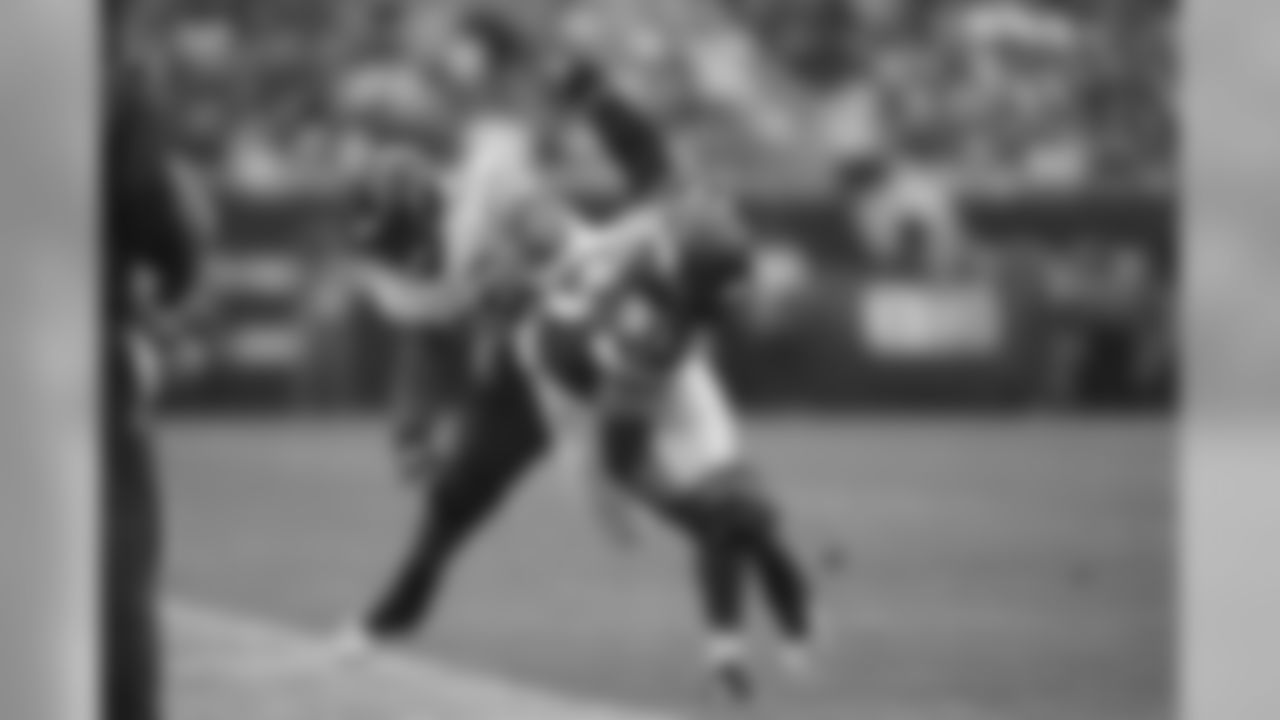

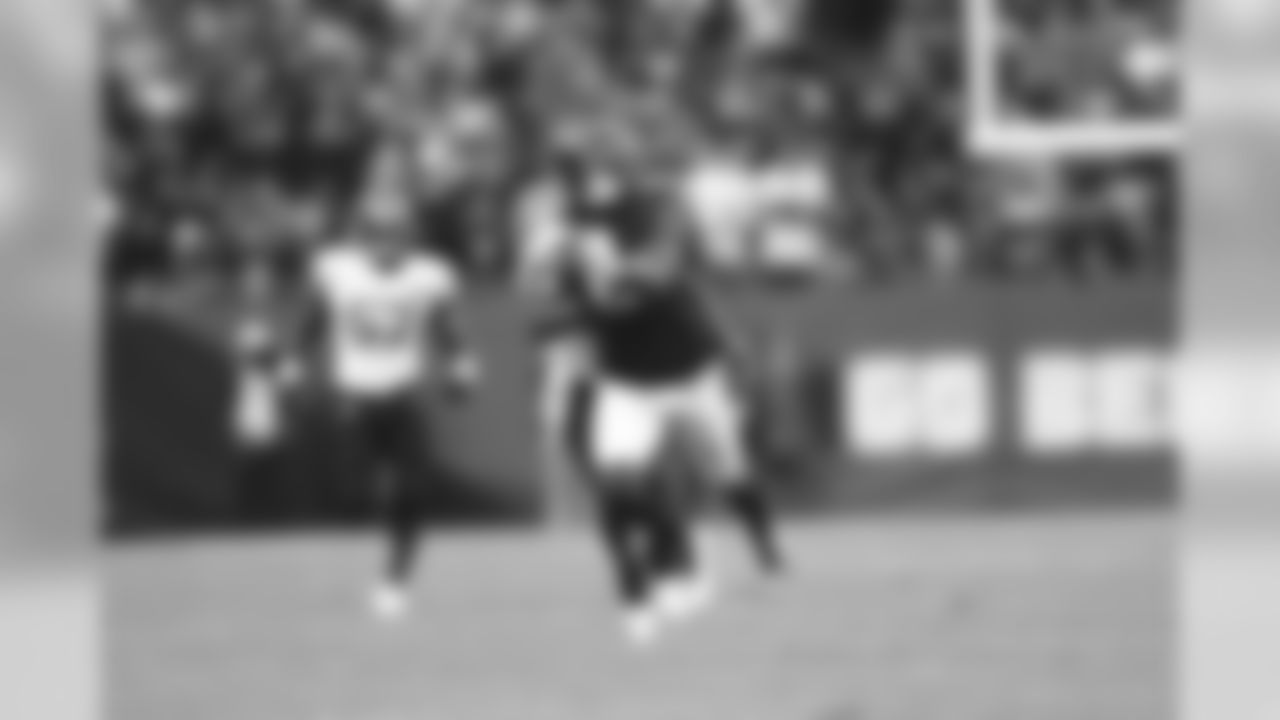

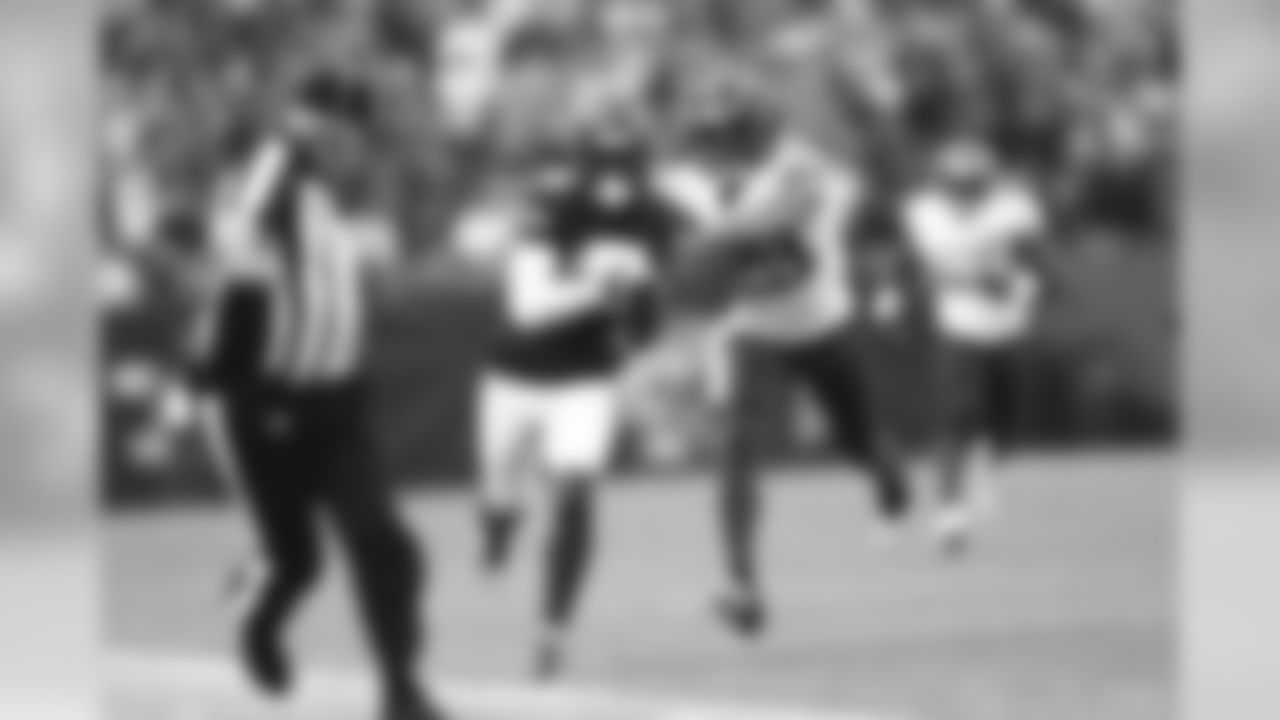


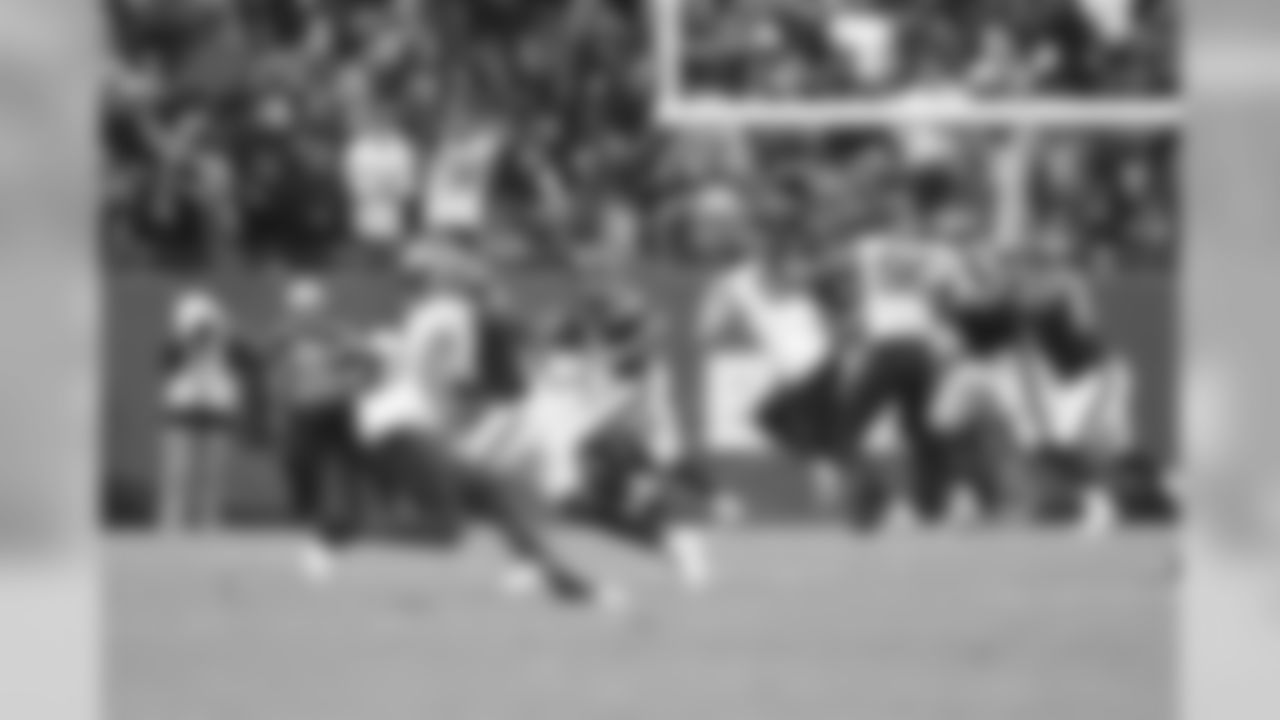












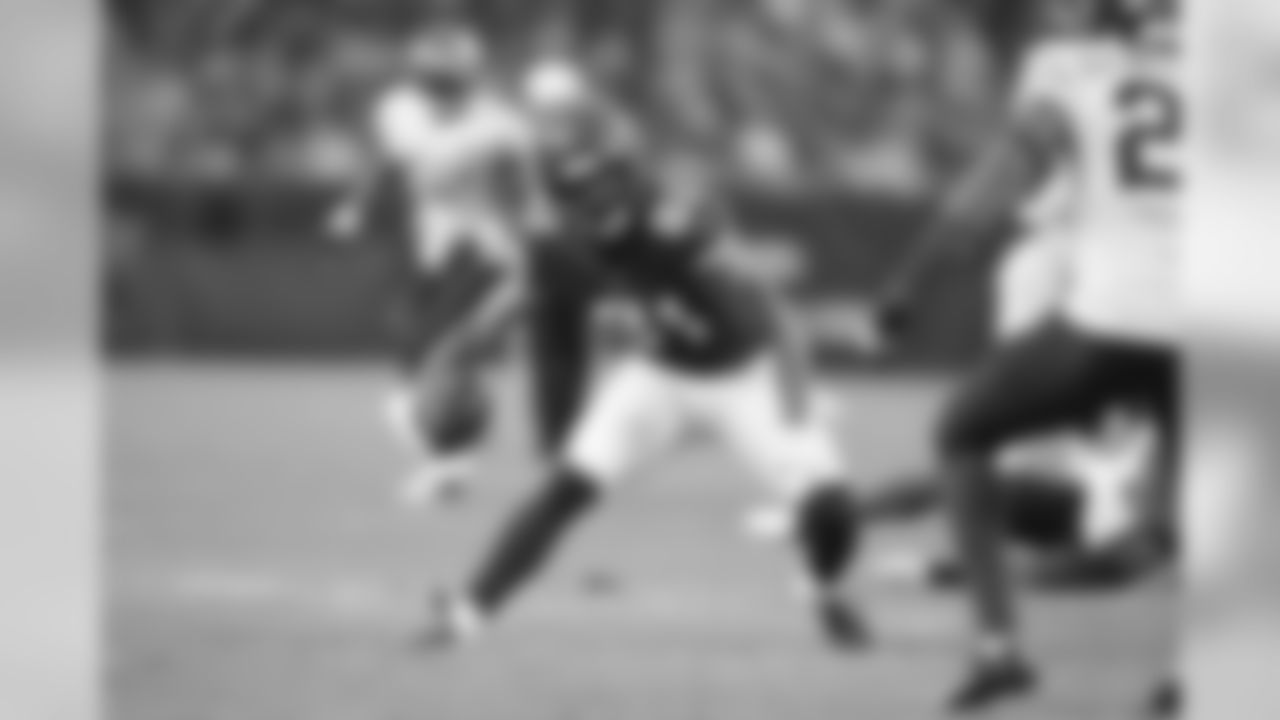
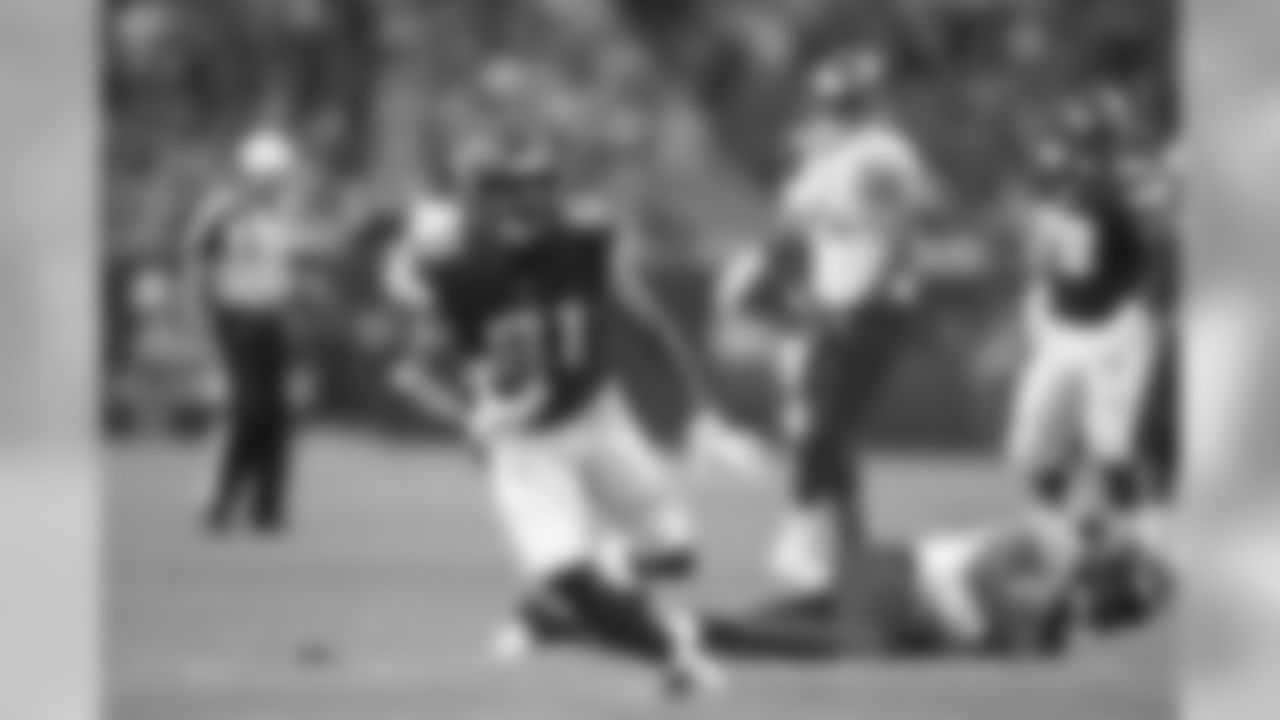






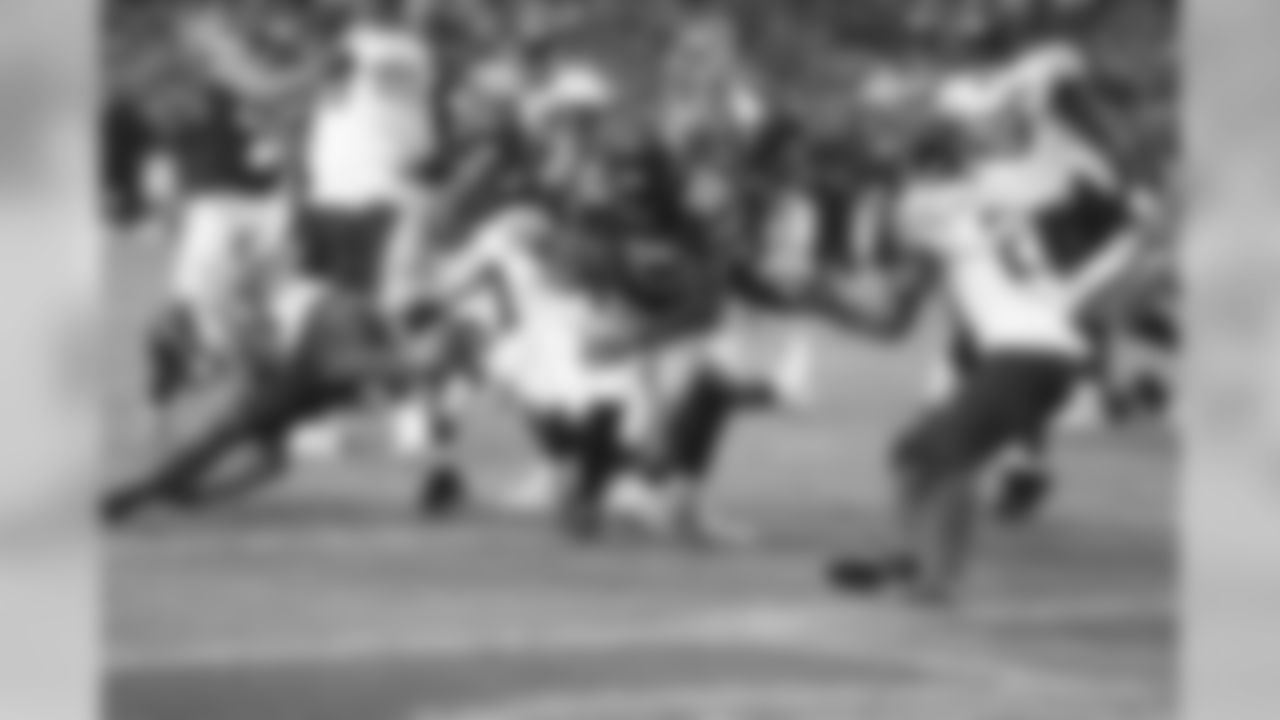

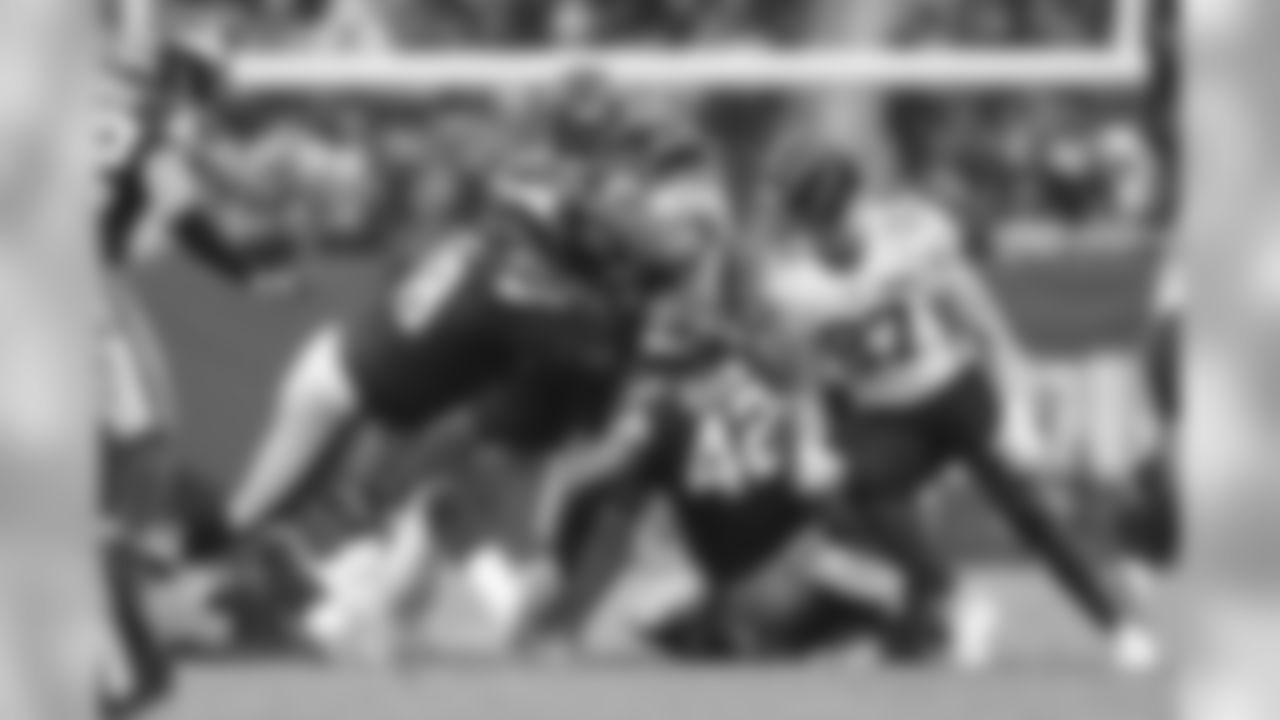




2. The box was loaded
Chicago was missing defensive linemen Akiem Hicks and Bilal Nichols, as well as inside linebacker Roquan Smith.
Roy Robertson-Harris and Nick Williams stepped in up front, and Kwiatkoski filled in for Smith. The Bears also loaded up the box against Dalvin Cook.
According to Next Gen Stats, Cook faced eight or more defenders 35.71 percent of the time, which was the seventh-most frequent in Week 4. Chicago rookie David Montgomery faced eight or more defenders 28.57 percent of the time, which was the ninth-most this week.
Cook entered as the NFL's leading rusher with 375 yards, but the Bears limited him to 35 yards on 14 attempts and didn't allow a run longer than 9 yards.
Montgomery totaled 53 yards on 21 rushes. The longest run allowed by Minnesota on the day was a gain of 7.
3. Failure to move the chains
Because of the Bears ability to possess the ball and control the clock for more than 35 minutes, it meant Vikings were limited.
Minnesota's offense was unable to earn more chances by earning at least one first down on five of 10 total possessions and just one first down combined on its first five possessions of the second half.
Chicago totaled 13 first downs gained in the first half but only four in the second half and just one in the fourth quarter.






















